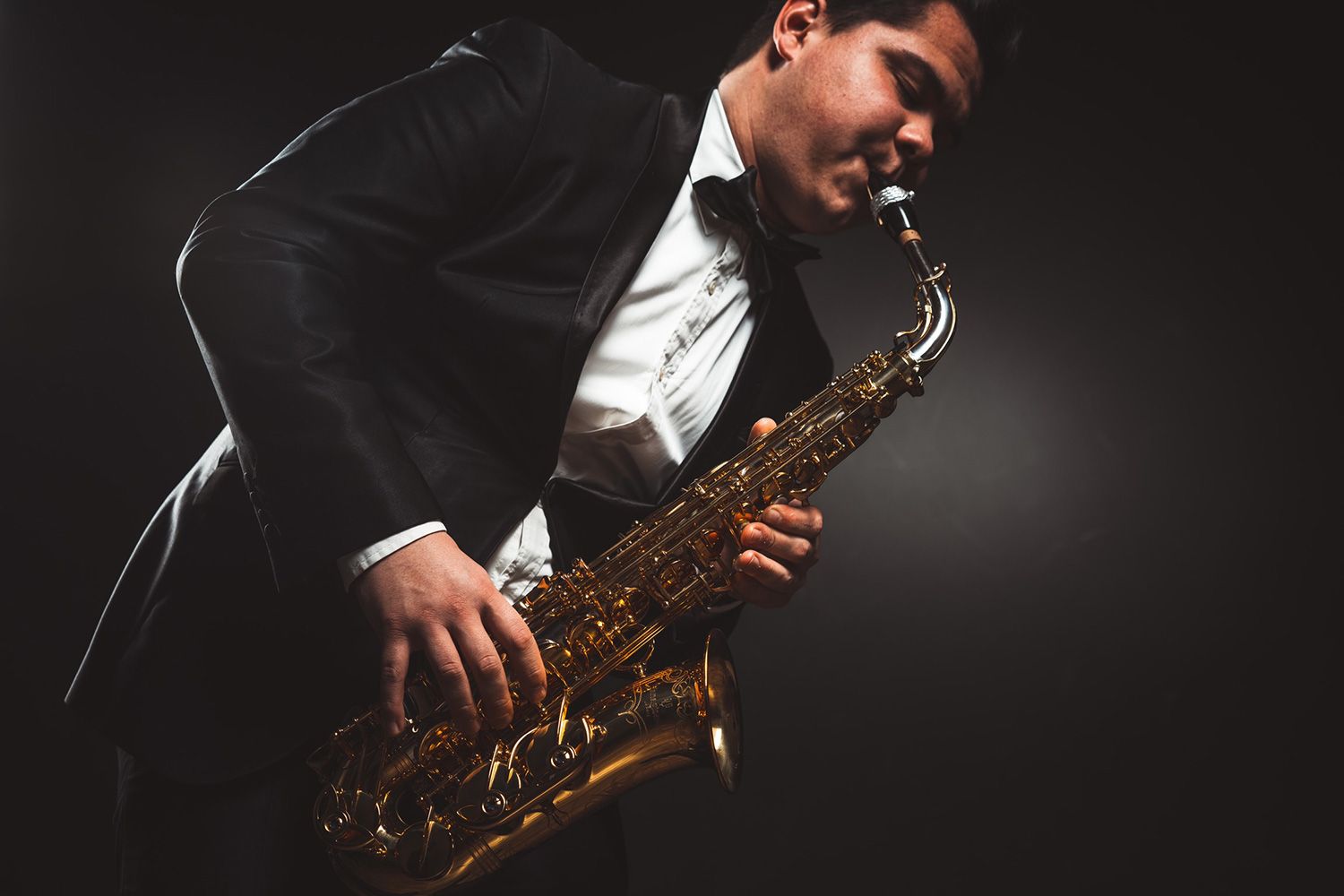Recommended Study




Tokyo College of Music celebrated its 115th anniversary in 2022. Nine commemorative concerts were held over two days at Suntory Hall, one of Japan’s foremost halls, attracting attention for their scale and quality.
As the oldest private music college in Japan, Tokyo College of Music has contributed significantly to the development of Western classical music in Japan. It created the very first symphonic orchestra in Japan which performed on the steamers of the Pacific from 1912 to 1929. By strengthening the faculty and expanding the campus facilities, Tokyo College of Music has been and will continue to be evolving. Now the college boasts a highly qualified and distinguished faculty of more than 600 with the entire student body, under the umbrella of Tokyo College of Music, of over 2,000 students. This includes some 1,400 undergraduates, 250 postgraduates, 170 high school students, 140 kindergarteners, and 120 Music Preparatory School students. The College’s facilities include the 806-seat 100th Anniversary Hall, B Studio with a baroque style pipe organ, J Studio, Synthesizer Lab, Recording Studio, library, TCM Hall, TCM Studio, TCM Student Dormitory for women and practice rooms.
The Tokyo College of Music Chorus has been actively performing with professional orchestras both nationally and internationally. With the Japan Philharmonic Orchestra, TCM Chorus has performed Beethoven’s Symphony No. 9 in d-minor, “Choral” every year since 1979. Other pieces performed under this collaboration include Stravinsky’s Symphony of Psalms (Symphonie de psaumes)(conductor: Junichi Hirokami), Mozart’s The Great Mass in c-minor (Große Messe in c-Moll) (conductor: Alexander Lazarev), and Verdi’s Messa da Requiem (conductor: Kenichiro Kobayashi). With the NHK Symphony Orchestra, they have performed Mendelssohn’s, A Midsummer Night’s Dream (Ein Sommernachtstraum)(conductor: Jun Märkl) and Mahler’s Symphony No. 2 c-minor. “Resurrection” (Auferstehung)(conductor: Markus Stenz). Its performance of Haydn’s Die Schöpfung under the baton of Junichi Hirokami had an honor to be chosen to be the second most memorable performance of all of NHK Symphony Orchestra’s concerts during the year 2005.
In 1988 the TCM Chorus made its European debut at the Franz Liszt Academy of Music (Zeneakademia) in Budapest, performing G. Verdi’s Requiem. The chorus also performed G. Faure’s Requiem at Concertgebouw in Amsterdam on the same tour. In 1998 the chorus collaborated with the Netherlands Philharmonic, performing Carl Orff’s Carmina Burana at Concertgebouw and at Muziekcentrum Vredenburg in Utrecht.
Established in 1970, the Tokyo College of Music Wind Ensemble has been performing for more than 40 years, both in Japan and abroad. It holds concerts annually at many main halls in Tokyo including Tokyo Metropolitan Art Space, Tokyo Bunka Kaikan (Tokyo Cultural Center) and Orchard Hall, to name a few. It attracts audiences with its vibrant and dynamic performances of symphonic wind literature.
The ensemble has presented concerts and performed at festivals in over 30 cities across Japan. It has also played goodwill tours in the U.S.A. (1978) and China (1979) that were followed by European concert tours in the former nations West and East Germany (1981), Austria and Hungary (1983). For its contributions to cultural exchanges and friendly relations to other nations the college received a letter of appreciation from the Minister of Foreign Affairs of Japan in 1994. In 2011, the ensemble had a very successful tour Taiwan,
earning much respect among music schools and musicians in the country.
The TCM Symphonic Wind Ensemble has a long recording history and is included on the historical compilation recording, “A 150 Year History of Japan Since the Black Ships Band”, which may be found on King Record records.
TCM Professor Emeritus and violist Toshiyuki Uzuka launched String Ensemble Endless in 1990, offering a great opportunity to perform in a string ensemble outside of school. Since then, Endless performs annually at various music venues in Tokyo such as Tsuda Hall, Suntory Hall (Blue Rose), Casals Hall, and Toppan Hall, garnering critical acclaim in each performance. Its repertoire spans from classical to contemporary with music by Mozart, Schubert, Mendelssohn, Tchaikovsky, Respighi, Bloch, Yasushi Akutagawa, and Toru Takemitsu. The ensemble has recorded with Somei Sato on the CD Toward the Night, hitting the music charts in London.
Tokyo College of Music encourages students to enter competitions. Every year, students win numerous awards in Japan and abroad.

37th Japan Wind and Percussion Competition, 2022
First Prize in the Saxophone Category
Prime Minister’s Prize
Special Grand Prize
I will bring happiness to people through the power of music!
Compared to other instruments, there are not so many saxophone competitions. Also, the categories of the Japan Wind and Percussion Competition change every year. Therefore, it felt like destiny that the saxophone category was held in the year I fled from Ukraine to Japan due to Russia’s invasion.
Japanese competitions are very important and special to me, as well as to many Japanese people. At Tokyo College of Music, I was able to keep practicing with satisfaction, surrounded by friends. I really enjoyed my lessons with Mr. Hatae, who helped me develop my musicality. Thanks to the support of my professors and many friends, I was able to win the competition and receive the Grand Prize. I will continue to face music sincerely and improve my musicality with my friends.
I hope that the war will end as soon as possible. I believe that those with a sense of well-being seek peace. All I can do is perform, so I will bring happiness to people through the power of music.
TCM holds the annual Tokyo College of Music Competition, in which categories (strings/winds/percussion and piano/vocal) alternate each year. The college also holds a competition for students majoring in composition (Artistic Music Course) where the winners receive the President’s Prize.
Tokyo College of Music is in the heart of Tokyo with easy access to main Concert Halls, which makes it an ideal place for students who love music to study at.